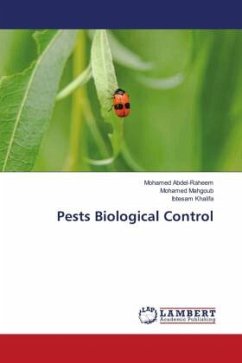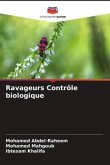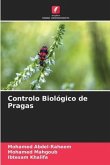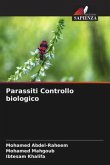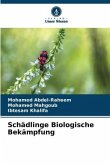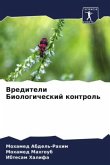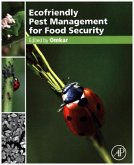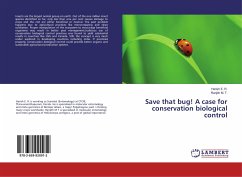Biological control or biocontrol is a method of controlling pests such as insects, mites, weeds and plant diseases using other organisms. It relies on predation, parasitism, herbivory, or other natural mechanisms, but typically also involves an active human management role. It can be an important component of integrated pest management (IPM) programs. There are three basic strategies for biological pest control: classical (importation), where a natural enemy of a pest is introduced in the hope of achieving control; inductive (augmentation), in which a large population of natural enemies are administered for quick pest control; and inoculative (conservation), in which measures are taken to maintain natural enemies through regular reestablishment. Natural enemies of insect pests, also known as biological control agents, include predators, parasitoids, pathogens, and competitors. Biological control agents of plant diseases are most often referred to as antagonists. Biological control agents of weeds include seed predators, herbivores, and plant pathogens. Biological control can have side-effects on biodiversity through attacks on non-target species.
Bitte wählen Sie Ihr Anliegen aus.
Rechnungen
Retourenschein anfordern
Bestellstatus
Storno

